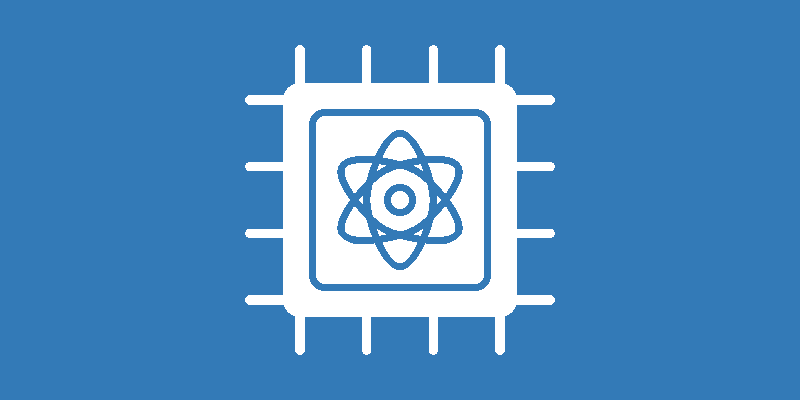A Glimpse into the Future of Computing
In the fast-paced world of technology, two emerging fields are poised to reshape the future: Quantum Computing and Artificial Intelligence (AI). Individually, they represent innovative advancements in computing. However, the convergence of quantum computing and AI holds the promise of revolutionizing industries, solving complex problems, and pushing the boundaries of what’s possible. In this article, we’ll explore the intersection of quantum computing and AI, how they complement each other, and the exciting possibilities they offer.
Understanding Quantum Computing
Before diving into the synergy between quantum computing and AI, let’s briefly discuss quantum computing itself.
Traditional classical computers use bits as the fundamental unit of information, which can represent either a 0 or a 1. Quantum computers, on the other hand, utilize qubits. Qubits have a unique property called superposition, allowing them to exist in a combination of 0 and 1 states simultaneously. This property gives quantum computers exponential computational power, making them particularly well-suited for certain types of problems.
Quantum Computing and AI: A Powerful Synergy
Speeding up Machine Learning
Quantum computing has the potential to significantly accelerate machine learning algorithms. Tasks like optimization, matrix multiplication, and searching large datasets can be performed exponentially faster on quantum computers.
Enhancing AI Model Training
Quantum computers can expedite the training of complex AI models. Training deep neural networks, which currently require extensive computational resources and time, can be done more efficiently with quantum computing.
Solving Complex Optimization Problems
Many AI problems involve optimizing parameters to achieve the best results. Quantum computing excels at solving optimization problems, making it valuable for AI tasks like hyperparameter tuning.
Managing Large Datasets
Quantum computers can process and analyze vast datasets more efficiently, a crucial capability in AI applications like natural language processing and image recognition.
Real-World Applications
The synergy between quantum computing and AI holds tremendous potential across various industries:
- Healthcare: Quantum AI can accelerate drug discovery, improve medical imaging, and enhance disease diagnosis by managing complex datasets and simulations
- Finance: In the financial sector, quantum computing can optimize trading strategies, detect fraud in real-time, and predict market trends with greater accuracy
- Logistics and Supply Chain: Quantum AI can optimize route planning, inventory management, and supply chain logistics, reducing costs and increasing efficiency
- Energy and Materials Science: Quantum computing can facilitate the discovery of new materials for renewable energy, improving energy storage and efficiency
Challenges and Considerations
While the potential benefits are immense, the integration of quantum computing and AI faces several challenges:
- Quantum Hardware: Quantum computers are still in their infancy, and building scalable and stable quantum hardware remains a challenge
- Quantum Error Correction: Qubits are susceptible to errors due to their fragile nature. Developing robust quantum error correction codes is crucial
- Algorithm Development: Quantum algorithms tailored for AI tasks need further research and development
- Hybrid Approaches: Combining classical and quantum computing in a practical and efficient manner requires innovative solutions
The Future of Quantum AI
The synergy between quantum computing and AI is not a matter of if, but when. Researchers and organizations are actively working to bridge the gap between theoretical possibilities and practical applications. As quantum hardware matures and quantum algorithms evolve, we can expect to see quantum AI revolutionize industries, address complex global challenges, and unlock new frontiers in scientific discovery.
The convergence of quantum computing and AI represents a monumental leap in the world of technology. The ability to harness the power of quantum computers to enhance AI capabilities opens doors to previously unimaginable achievements. While challenges remain, the fusion of quantum computing and AI is poised to shape the future, offering solutions to some of humanity’s most pressing problems and transforming industries across the globe. As we stand at the cusp of this technological revolution, one thing is clear: the future of computing is quantum, and the future of AI is quantum powered.
